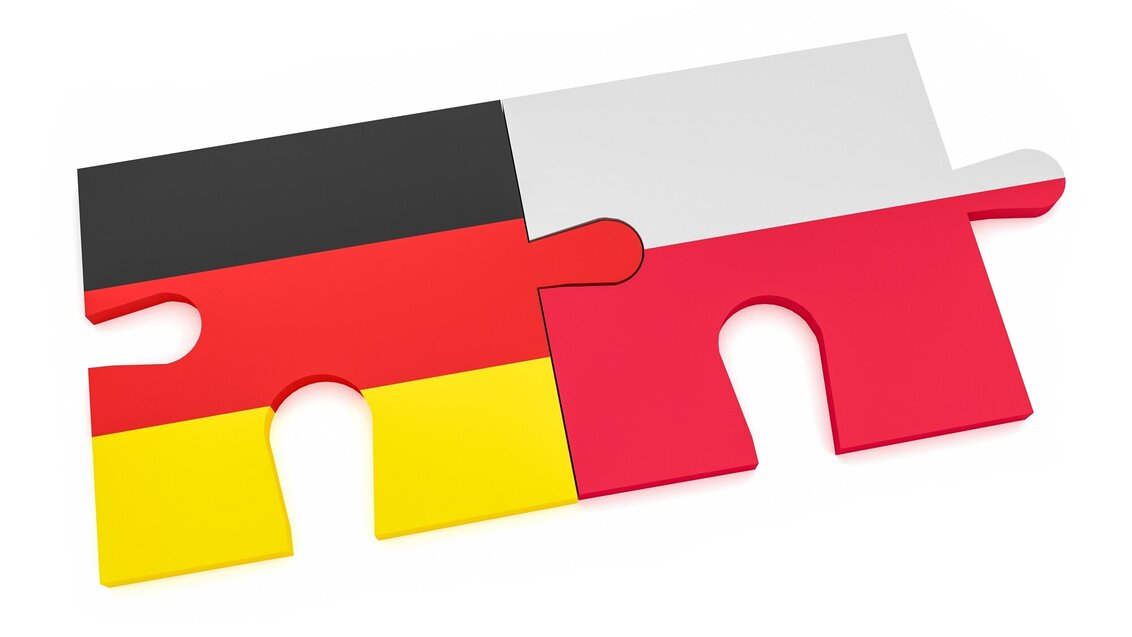Prof. Dr hab. Eng. Krzysztof Wojciechowski from the Faculty of Materials Science and Ceramics is now a laureate of the Weave-UNISONO competition. As the project manager, in collaboration with partners from Germany, he will conduct research on thermoelectric materials with regard to their potential use in energy engineering. The project was granted PLN 2.3 million in funding.
Global climate change, environment pollution, and the increase of energy costs are some of the most important issues modern societies have to face. Prof. Krzysztof Wojciechowski and his German partners will work on solutions enabling the provision of a more effective electric energy production. The researchers will focus on the thermoelectric energy conversion (TE) which still requires development of specific solutions allowing for cheaper mass production of equipment employing this technology. The aim of the project titled Entropic engineering and the optimisation of connectors in materials for the effective thermoelectric energy conversion is to develop high performance thermoelectric materials for the use in cheap and ecological energy transducers. In the execution of the research, Polish scientists will cooperate with the teams of Johannes de Boor from German Aerospace Center and Wolfgang Mertin from Universität Duisburg-Essen.
The lead agency to assess the application was German Research Foundation (DFG).
***
The Weave-UNISONO competition is the effect of multilateral cooperation between institutions funding research within the Science Europe association. It was announced to facilitate the application procedures and the selection of research projects in all science disciplines engaging researchers from two or three European countries.
The process of determining the winners is based on the Lead Agency Procedure (LAP), which consists in only one partner institution being responsible for the full substantive assessment, with the remaining partners only accepting the result.
As part of the Weave programme, the partner research teams apply for funding to the lead agency and respective institutions participating in the programme. The joint project must involve coherent research plans, explicitly illustrating the added value of international cooperation.

 Pre-election meeting with a candidate for the position of rector
Pre-election meeting with a candidate for the position of rector  Agreement on cooperation with OPAL-RT
Agreement on cooperation with OPAL-RT  Krakow DIANA Accelerator consortium members with an agreement
Krakow DIANA Accelerator consortium members with an agreement  Meeting with the Consul General of Germany
Meeting with the Consul General of Germany  More Academic Sports Championships finals with medals for our students
More Academic Sports Championships finals with medals for our students  Launch of AGH University Student Construction Centre
Launch of AGH University Student Construction Centre  Bronze for our swimmers at Academic Championships
Bronze for our swimmers at Academic Championships  Smart mountains. AGH University scholar develops an intelligent mountain rescue aid system
Smart mountains. AGH University scholar develops an intelligent mountain rescue aid system